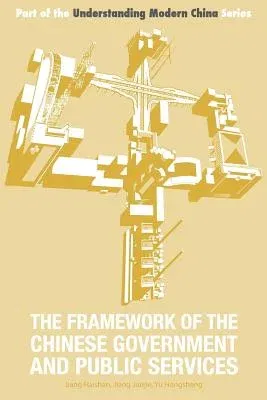China is undergoing profound demographic, societal and cultural changes,
and these changes are having a considerable impact on the provision of
public services and on the complex relationship between the Communist
Party of China (CPC) and the government. This book introduces the
framework of the Chinese government, explains the constitution and the
operation of the National People's Congress (NPC), the Chinese People's
Political Consultative Conference (CPPCC), the central people's
government and local governments.
Emphasis is placed on analyzing the reforms in China's public service
sector, the important changes that are taking place and the impact of
current government policies on free education, employment, medical care,
social welfare and relief work.
The authors focus on introducing the basic framework and operation
process of the Chinese government, the reform and development of public
service in China, and recent reform initiatives. They explain how the
government management system operates based on its people-oriented
principles, how it is reforming and adopting innovative measures to
provide public service, how it is gradually delivering the basic rights
of Chinese citizens, and how it aims to achieve the ultimate goal of
social justice.
This book also underscores the inner logic of China's public service
system reform, in which the government used to take care of everything,
but now is striving to manage the different needs of diversified
participants.

